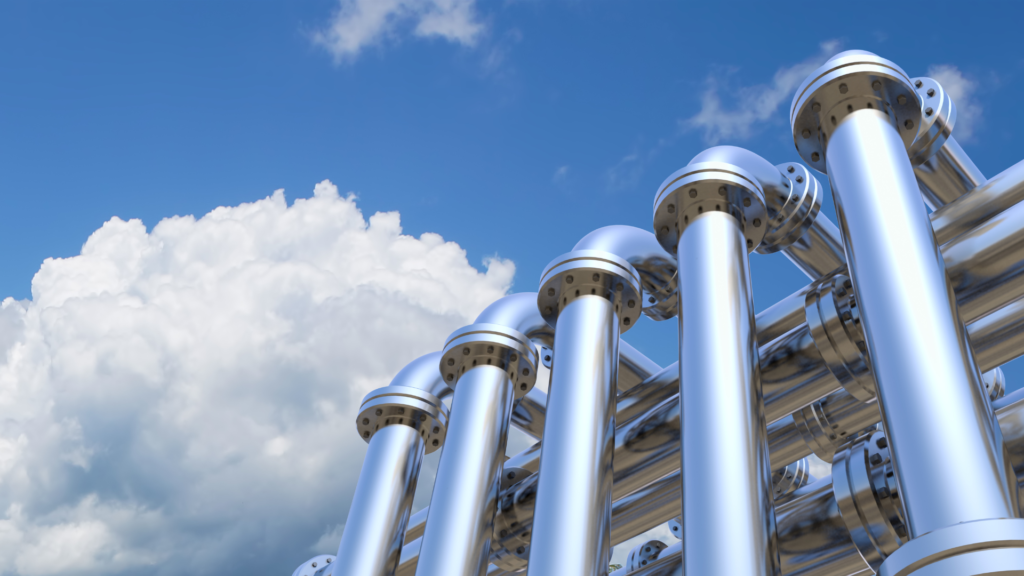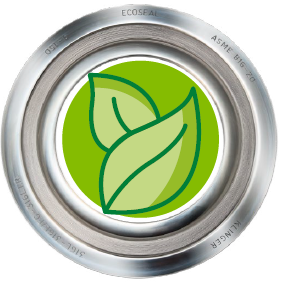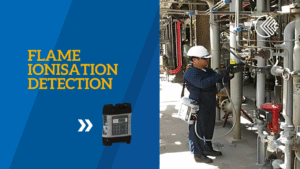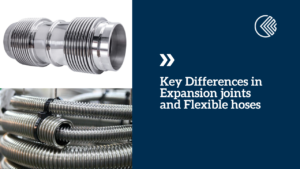
- KLINGER Australia
- Blogs
- The world will see more piping networks

Photo credit: Canva
Piping and pipelines serve as the lifeblood of modern society, forming an intricate network that processes and transports oil, gas, water, and other essential fluids. The demand for resources and technological advancement continues to surge alongside global population growth, guaranteeing a future where both piping and pipeline infrastructures expand exponentially. However, as they transport of potentially hazardous materials, weave through the heart of our urban landscapes or stretch across remote and environmentally sensitive areas, the risks of leaks, spills, and explosions pose significant human safety and environmental threats. This necessitates stronger infrastructure, stricter safety measures and advanced monitoring technology to critically prevent and address operational issues.
As a leading provider of sealing and fluid control products, we have devoted ourselves to the integrity and efficiency of these critical networks for over 135 years, whether they are buried deep within the earth or span vast oceans.
HELPING PIPING INFRASTRUCTURE
Motivated by a drive to explore and resolve the unique challenges these systems face, we’ve made significant advancements to our products and services, aiming to support their operational excellence throughout the lifecycles.
Higher integrity through advancing material compounding and products design
Modern sealing solutions have greatly benefited from breakthroughs in material science, particularly in the compounding of PTFE-based materials used in making O-rings, gaskets, and joint seals. These materials are engineered to withstand extreme conditions, including high pressures, corrosive chemicals, and temperature fluctuations.
Innovations in sealing product design have also accelerated leakage detection, thereby minimising plant downtime and making the workflow more economical and environmentally friendly.
Promoting sustainability as a continuous focus
The shift towards using environmentally friendly materials in sealing technologies reflects the industrial sector’s growing commitment to sustainability and the industry is increasingly adopting seals made from recyclable or bio-based materials to reduce the environmental footprint of pipelines. Continuous innovations aimed at extending the lifespan of pipeline components are also reducing the need for replacement materials and the associated environmental impact of manufacturing and disposal.
KLINGER Eco-seal Gaskets
KLINGER’s Eco-seal gaskets, for example, are high performance Spiral Wound Gasket manufactured to reduce fugitive emissions from jointed connections while minimising specifications alternations due to their compliance with ASME standards. Their high-density build and modified winding strip form enhance mechanical stability, and the use of high-quality graphite filler with controlled protrusion improves leakage performance at lower stresses.
Interested in receiving more information about the KLINGER Eco-seal gaskets?

Monitoring and reducing leaks before they arise
The integration of leak monitoring into piping network operations enables the detection of early signs of wear, leakage or pressure changes, allowing operators to address potential issues before they escalate into major problems. This predictive maintenance approach can significantly reduce the environmental impact of pipelines and enhance safety by preventing incidents before they occur.
KLINGER offers leading leak detection and repair solutions that quickly identify containment losses and provide real-time visualisation and quantification of gas emissions on valves, flanges, pumps, compressors, connectors, sampling connections, pressure relief devices, and open-ended lines using advanced technology such as Flame Ionisation Detection (FID) and Optical Gas Imaging (OGI). This program meets the highest standards set by the United States Environmental Protection Agency (EPA).
We align all of our Integrity surveys and services with the Oil & Gas Methane Partnership (OGMP) 2.0 guidelines, a leading framework for methane emissions management in the oil and gas industry.
Alongside the proprietary software (CIMS), KLINGER provides our clients with real-time access to their asset and component information.
KEEP IT FLOWING, KEEP IT IN THE PIPE
Glossary
Piping
Piping systems are typically used within industrial facilities, buildings and processing plants. They are essential components in the manufacturing, processing and utility systems within these confined areas. Piping systems can be quite complex, involving many short runs of pipe, elbows, tees, reducers, valves, and other control devices to manage the flow of fluids.
Pipelines
Pipelines are used for the long-distance transport of fluids such as water, oil, gas and chemicals. They stretch across wide geographic areas, connecting production sites, storage facilities and distribution centers. While pipelines can be complex, they typically consist of long stretches of pipe with fewer turns and variations than industrial piping systems.
OGMP
OGMP 2.0 is a comprehensive partnership initiative led by the United Nations Environment Programme (UNEP) and the Climate and Clean Air Coalition (CCAC), with support from the European Commission and other partners.


